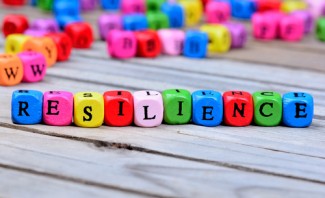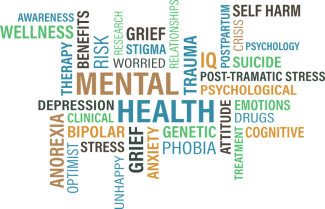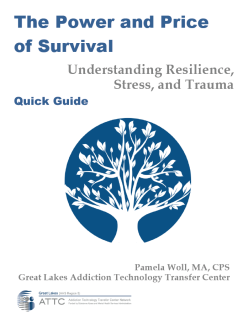resilience
Understanding Resilience
Although it is a term that is frequently used, understanding what it means to be resilient or develop resilience is not always straight forward. In an article published in the Frontiers in Behavioural Neuroscience, the researchers interpret...

World Mental Health Day 2018
The World Health Organization defines mental health as “a state of well-being in which every individual realizes his or her own potential, can cope with the normal stresses of life, can work productively and fruitfully, and is able to make...

Differential Intervention Effectiveness of a Universal School-Based Resilience Intervention in Reducing Adolescent Substance Use within Student Subgroups
Abstract Objectives: Interventions addressing the individual and environmental protective factors of adolescents are suggested to have potential for reducing adolescent substance use. While universally delivered school-based substance use...
Stressful Experiences Affect Likelihood of Remission of Drug Dependence, Continued Drug Use, and Relapse
Researchers at the University of Michigan’s Centre for the Study of Drugs, Alcohol, Smoking and Health have been exploring the link between drug dependence, ongoing drug use, relapse and exposure to stress or experience of stressful events...
The Power and Price of Survival: Understanding Resilience, Stress, and Trauma
2nd Edition, 2011: A series of strength-based resources developed by Pamela Woll for the Great Lakes ATTC, to help prepare the civilian mental health and addiction treatment workforce to address post-deployment stress injuries. This series...

Syndemic Risk Classes and Substance Use Problems among Adults in High-Risk Urban Areas
Substance use problems tend to co-occur with risk factors that are especially prevalent in urban communities with high rates of poverty. The present study draws on Syndemics Theory to understand profiles of risk and resilience and their...
Alcohol Use Disorders: Resilience and Risk Behaviour
New research suggests that certain personality traits, such as having a lack of restraint or being impulsive, increase the likelihood of developing alcohol use disorders. On the flip side, the study found that people with high resilience...

